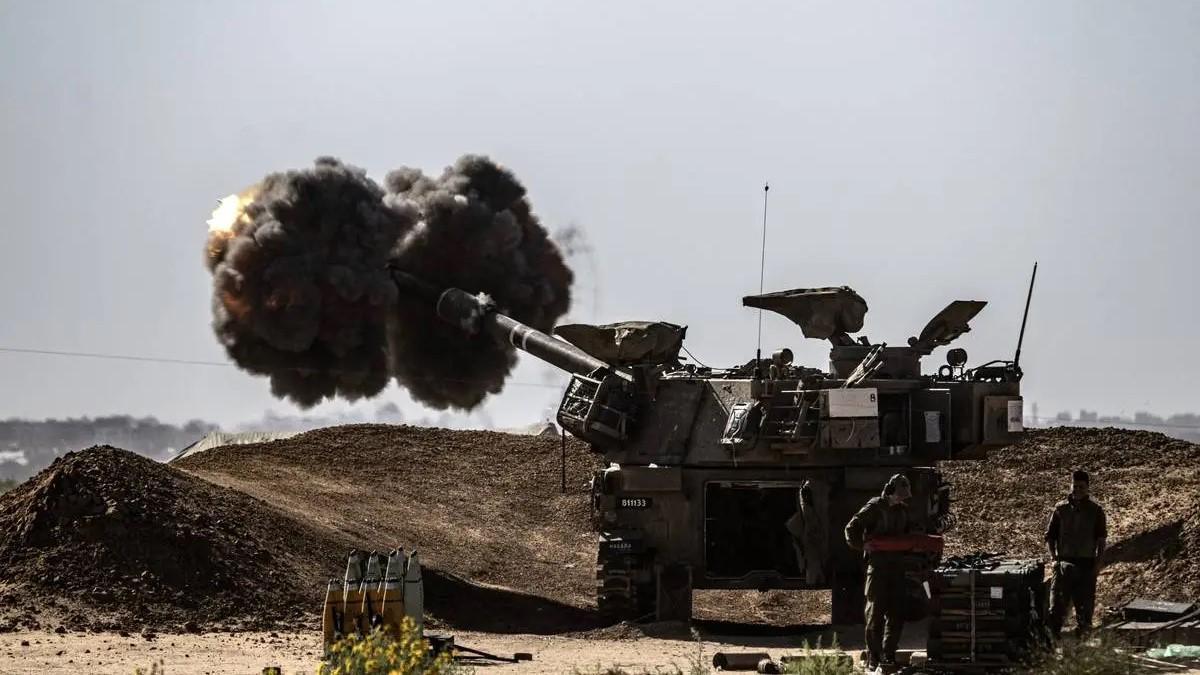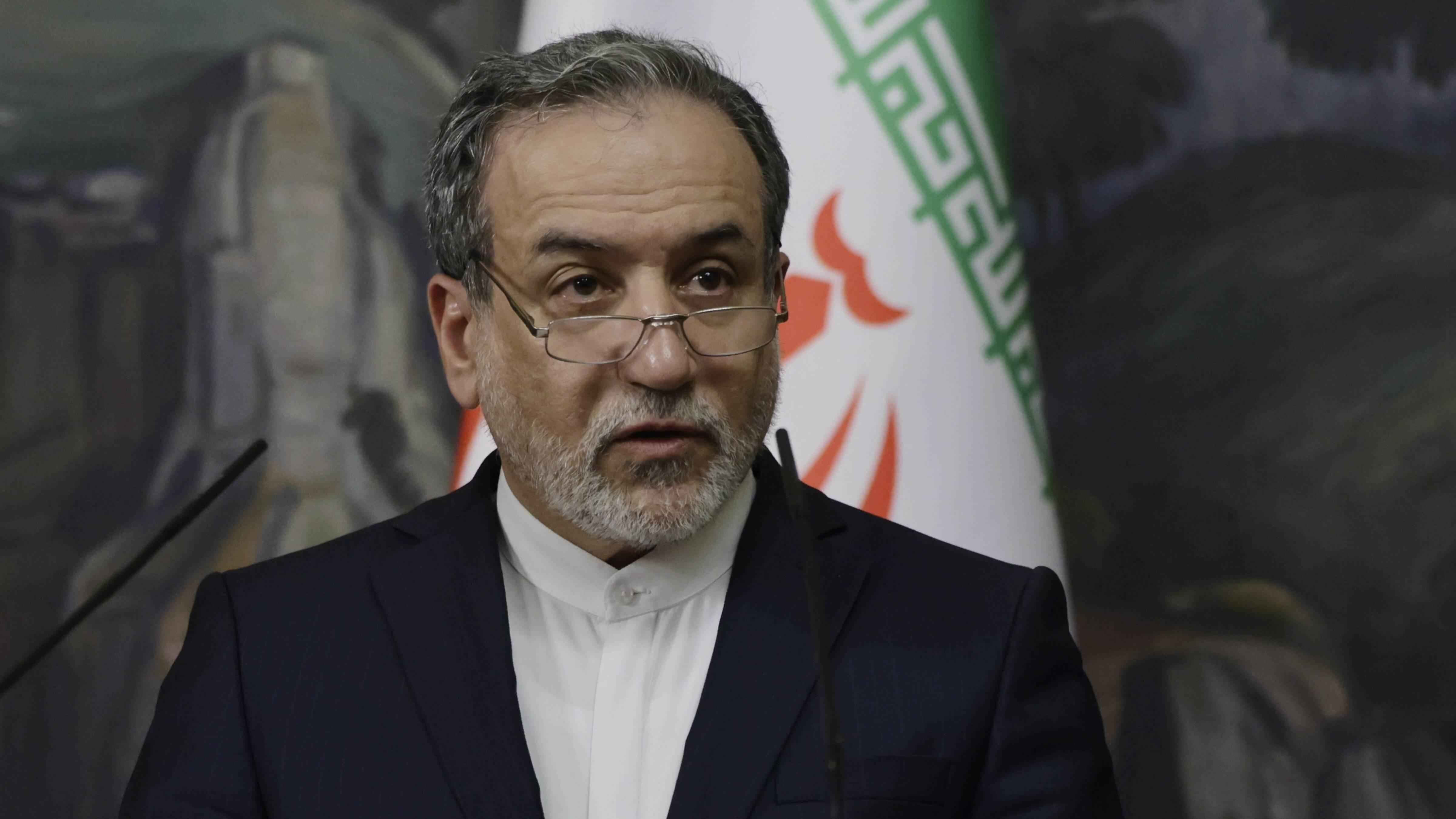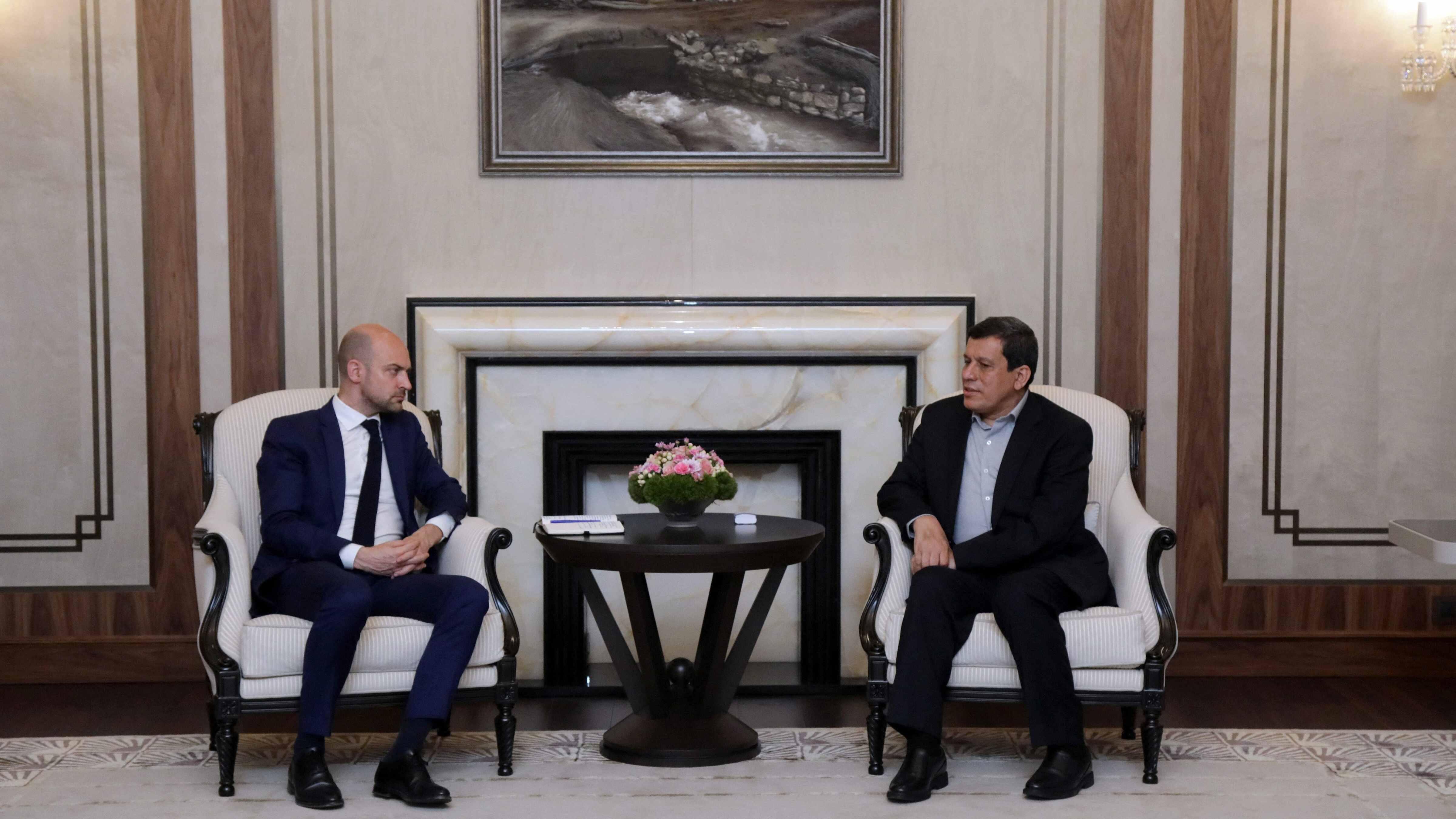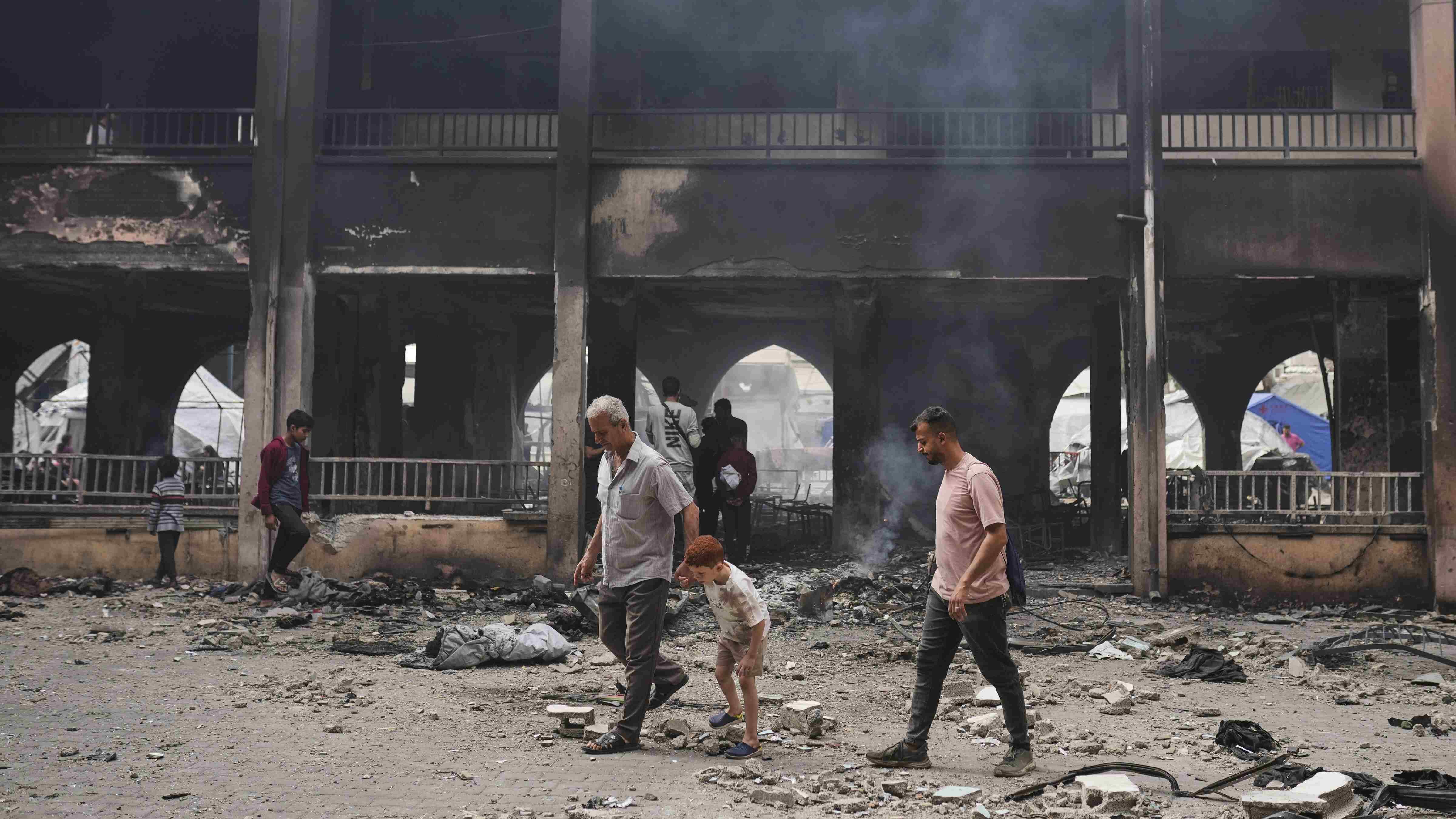South Sudan rivals agree new ceasefire deal
ADDIS ABABA - Agence France-Presse
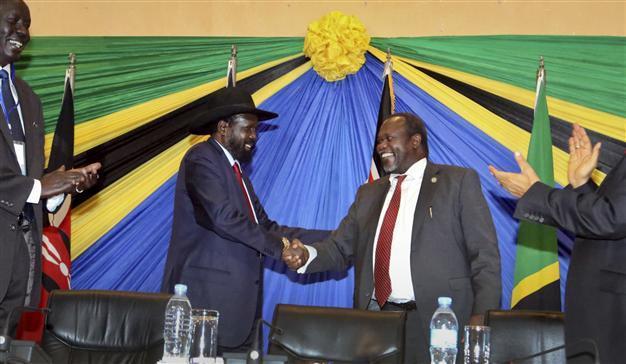
South Sudan's President Salva Kiir, (L), shakes hands with rebel leader and former vice president Riek Machar on Jan. 21, 2014. AP Photo
South Sudan President Salva Kiir and rebel leader Riek Machar on late Feb. 1 signed a new agreement to end more than 13 months of fighting in a civil war that has left tens of thousands dead."Complete cessation of hostilities in South Sudan is expected as of this morning (Monday)," Seyoum Mesfin, a negotiator from the regional IGAD bloc, told reporters in the Ethiopian capital Addis Ababa where the ceasefire deal was signed.
The two leaders have signed -- and then broken -- at least six previous ceasefire agreements since fighting began in December 2013.
The eight-member East African bloc IGAD, which has in the past threatened sanctions over violations but never taken action, says this time it will take any ceasefire violations to the UN Security Council and the African Union's Peace and Security Council and ask for "tough measures" against them, Mesfin said.
After four days of difficult negotiations in the Ethiopian capital, Kiir and Machar have however failed to reach agreement on the conflict settlement proposed by IGAD which provides for a power-sharing arrangement between the two men.
"This is a partial agreement because we have not solved some of the most critical issues," Machar said after the signing, citing disagreements on the "transitional government structure" to set up and divide responsibilities within the administration.
Negotiations will resume on February 20 with IGAD giving the warring sides one last chance to reach a final agreement by March 5.
IGAD mediators did not try to hide their frustrations after meeting for an eighth summit to try to resolve the crisis.
Kenyan President Uhuru Kenyatta told Kiir and Machar this was not what the people of South Sudan expected from their leaders after years of struggle.
South Sudan gained independence from Sudan in 2011 after decades of armed conflict.
Ethiopian Prime Minister Hailemariam Desalegn warned that failure to reach an agreement would have serious consequences for all of them, especially the leaders of South Sudan.
A Western diplomat involved in the talks played down Sunday's interim agreement, saying: "This is not a significant breakthrough, this is a small step at the most."
Fighting broke out in South Sudan, the world's youngest nation, in December 2013 when Kiir accused his sacked deputy Machar of attempting a coup.
Clashes between a faction of the army loyal to Kiir and rebels loyal to Machar have since expanded throughout the country and left tens of thousands dead in a conflict which now involves 20 armed groups.
Kiir and Machar last met in November in Addis Ababa, where they agreed an immediate halt to the war, a deal broken within hours.
The fighting in the capital Juba set off a cycle of retaliatory massacres across the country, pushing it to the brink of famine.


